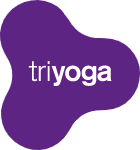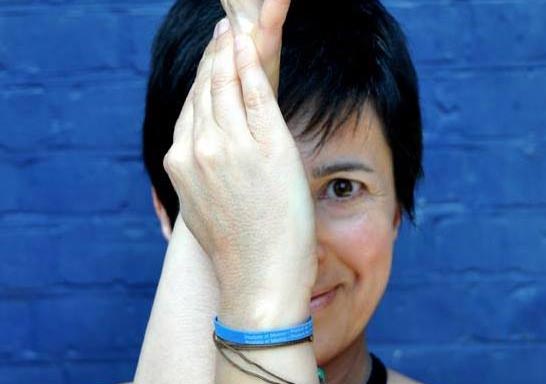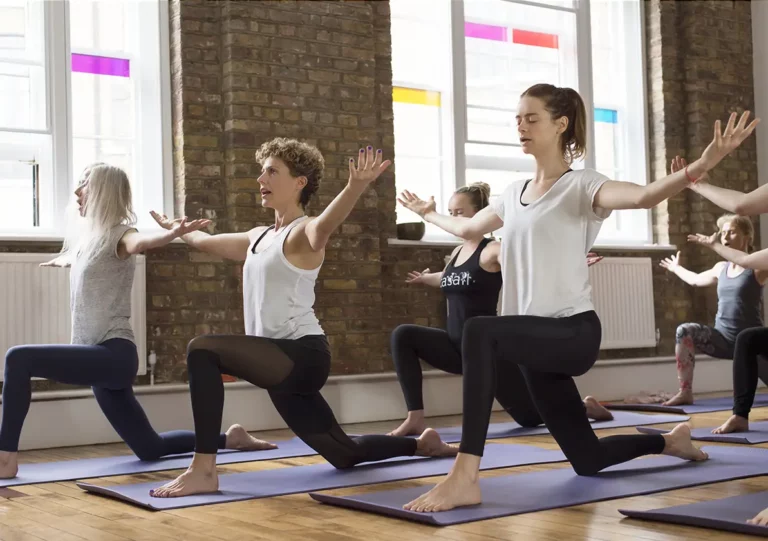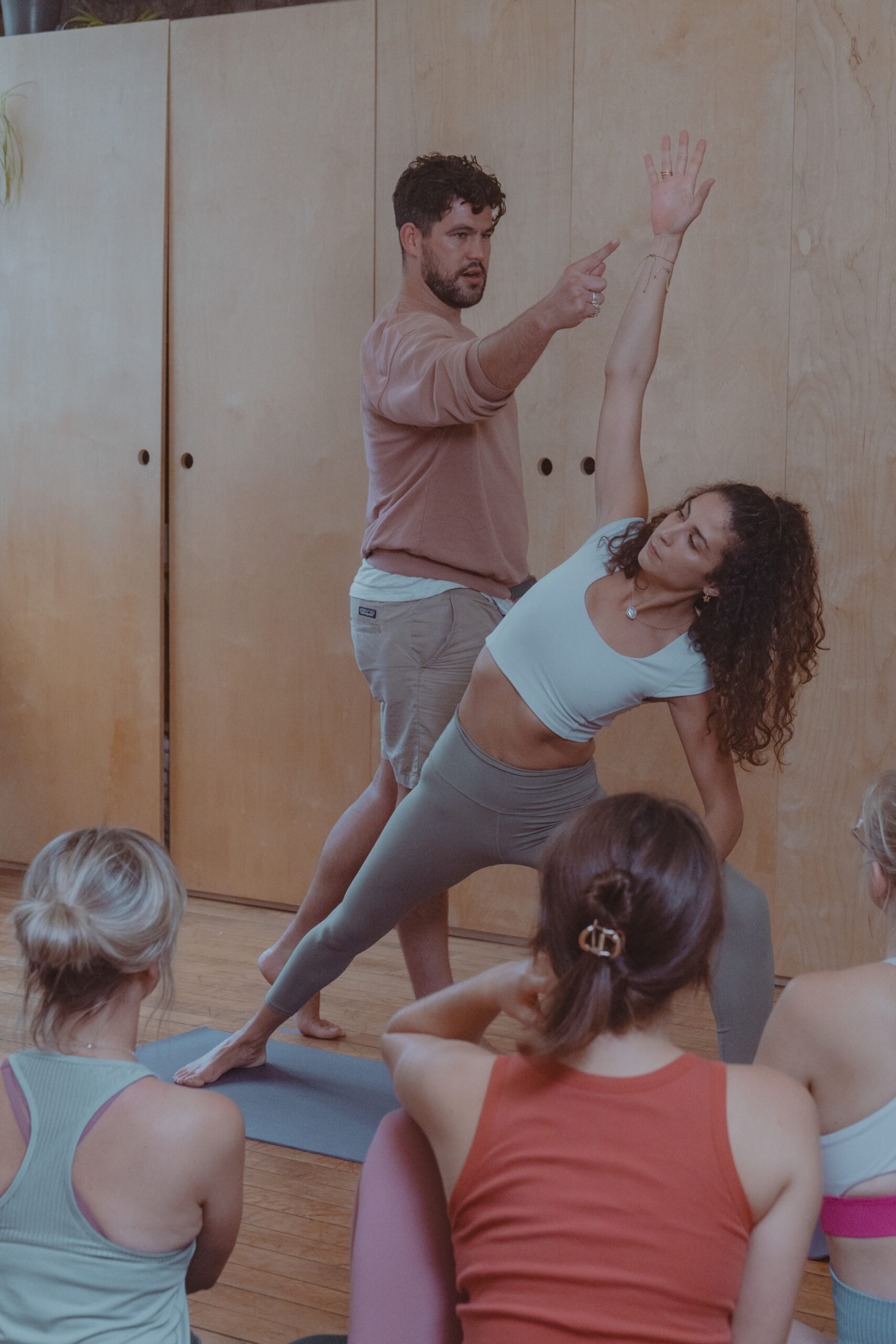Experiences form memories, prejudices and perceptions, so how do we know what we see and hear is real and how can we begin to explore if they are even real? From the Eastern perspective, Master Patanjali gives us some clues through verse to help provoke and explore this very inquiry.
hanamesam kleshavaduktam
The greatest obstacle to the practice of yoga is one’s own prejudices based on one’s own preferences.
As human beings, we are heavily influenced by what we see and hear. And in scientific terms, our visual and auditory inputs encode our preferences and assumptions. Are you consciously aware of how you might act on everything you see and hear?
Patanjali reminds us throughout his text, that a way to finding contentment and happiness lays within the simplicity of life. As human we can constantly find ourselves with the notion that if we keep busy, then we are doing something worthwhile. However, if we continue with this perception, we may be overloading our nervous systems. In the process, this creates a whole load of nasty ailments including, questionable behaviour, judgments, anxiety and stress.
So, why then do we still find ourselves repeating these patterns, even when we have a regular yoga practice? Could it be that we are still not really fully aware of how much we are being influenced by others? And does being busy mean that you’re participating?
Perception is a powerful thing ,because it can contribute towards creating illusions (Maya, in yoga philosophy). Maya can keep you stuck and suffering in the patterns and situations that have created your story. So, how can we find the balance of observation and participation? The linkages between eastern practices and western science can give some valuable insights in understanding how to work with our brain, rather than against it.
yogash chitta vritti nirodhah
When the fluctuations of the mind are stilled, then there is yoga.
As a yoga and meditation teacher, psychologist and neuroscience student, I find people’s perception of this verse fascinating. First of all, the brain can’t be stilled in that way that you first may think. To really understand the meaning of this verse, we could look to scientist and meditation teacher Robert Thurman, who said, “Meditation is not simply a passive observation, nor could it be, since the very act of observation is itself an activity of mind. Rather, the meditator intentionally employs attention, awareness and other mental faculties in a variety of ways to better understand the functional behaviour of the mind.”
Further, Cambridge neuroscientist Daniel Wolpert hypothesises through his research that the only function of the brain is to create movement, which drives our thoughts, sight, hearing and motor skills. Yoga and meditation give us the tools to cultivate both stillness and movement to enhance participation and observation in creating a deeper awareness and appreciation to all of life.
join Salema in chelsea…
back to the future: yoga, psychology + neuroscience
friday 10 march, 7.30 – 9.30pm
book now
Salema is “The Rebel Truth Blazer”. Influenced by several traditions including anusara, jivamukti and kundalini yoga, she has been teaching yoga since 2004. Salema offers a different way to approach yourself on and off the mat by combining the self development practices of yoga, positive psychology, life philosophy and coaching as a way to connect to the soul, revealing your purpose (dharma) in this life. Her classes are a masterful blend of graceful alignment in motion and articulated cues for the mind, body and heart, accompanied by insightful self-reflection, contemplative meditations, affirmations and readings.










